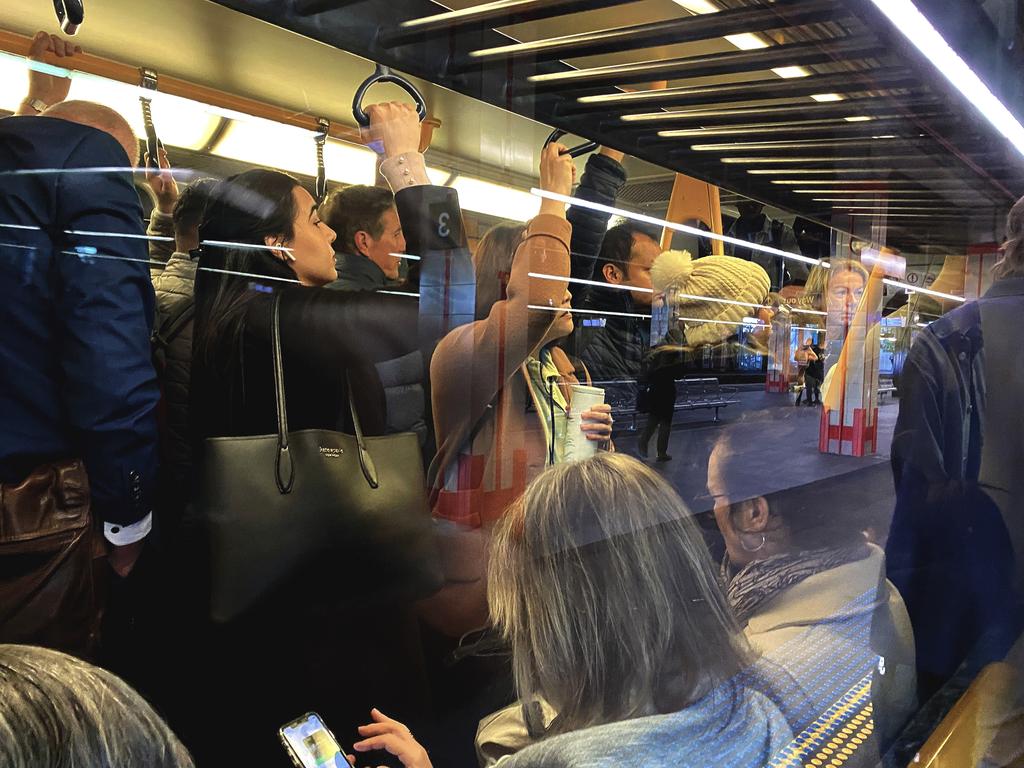Covid productivity bubble ‘has well and truly burst’
New data shows the return of pre-pandemic weak productivity growth.

The Covid productivity bubble “has well and truly burst”, with labour productivity falling by 0.8 per cent in the June quarter, resulting in annual growth of just 0.5 per cent, according to the Productivity Commission.
Commission deputy chair Alex Robson said the latest quarterly data marked a return to the weak productivity growth trend of the five years leading up to the pandemic.
“During the pandemic, aggregate productivity rose but then fell as restrictions were eased. This bubble has now well and truly burst, and our productivity level remains at about its 2015–19 average,” Dr Robson said
The commission said while overall productivity reverted to pre-pandemic levels, the macroeconomic environment was different from five years ago, with higher levels of labour force participation and a lower unemployment rate.
The fall in labour productivity was due to hours worked growing by 1.1 per cent compared to 0.2 per cent growth in output.
However, hours worked regained momentum after two quarters of negative growth as the number of people employed increased by 0.8 per cent.
Administrative and support services contributed to the largest increase in hours worked growth, followed by retail trade and education and training.
Labour productivity increased in half of the market sector industries, with the biggest growth . in arts and recreation services (7.6 per cent) and electricity, gas, water and waste services (6.1 per cent). The largest falls were in administrative and support services (-4.2 per cent) and retail trade (-3.6 per cent).
While there was a brief interruption during the pandemic, Dr Robson said Australia’s productivity deadlock had persisted through two very different economic environments.
“This suggests policymakers need to pay closer attention to the deeper structural issues at play,” he said.
Australian Chamber of Commerce and Industry chief executive Andrew McKellar said the data confirmed that productivity was “probably one of the biggest crises facing Australia at the moment”.
Mr McKellar said the retail sector has been impacted by high interest rates as well as Labor’s industrial relations changes. He said the workplace changes were a productivity killer and there was a risk they would be a huge disincentive to businesses wanting to create more jobs.
ACTU secretary Sally McManus rejected the employer criticism. “Big business is happy to point to short-term fluctuations in productivity as an argument to deny workers a pay rise,” she said.
“But when productivity growth outstripped real wages growth under nearly a decade of the Liberals, they were conveniently silent. A worker on average earnings would’ve been about $10,000 better off if their wages had kept up with productivity under the Liberals.”
Meanwhile, the Albanese government says any pay rises that flow from the Fair Work Commission’s review of female-dominated awards should be phased in, especially if the wage increases are significant.
The commission in June deferred the ACTU’s bid for an extra 4 per cent rise for award-reliant workers in female-dominated industries.
It is now reviewing awards covering workers in early childhood education and care, disability homecare, social and community services, and health to examine and address gender undervaluation. Unions have told the review that any pay rises should be “implemented as soon as possible, and no later” than July 1, 2025.
In its submission, the government says its approach will be “informed by responsible fiscal and economic management”.
It says the commonwealth was concerned to ensure the process of remedying gender undervaluation did not create new labour market distortions as between workers and sectors that are predominantly commonwealth-funded and those that are not commonwealth-funded.
“If the commission concludes that pay increases are warranted, the commonwealth is likely to support a staged or phased process for implementation, particularly for any significant increases,” it says. “If and when it would assist the commission, the commonwealth would address an appropriate phased implementation of any wage increases, at an appropriate stage in these proceedings.”






